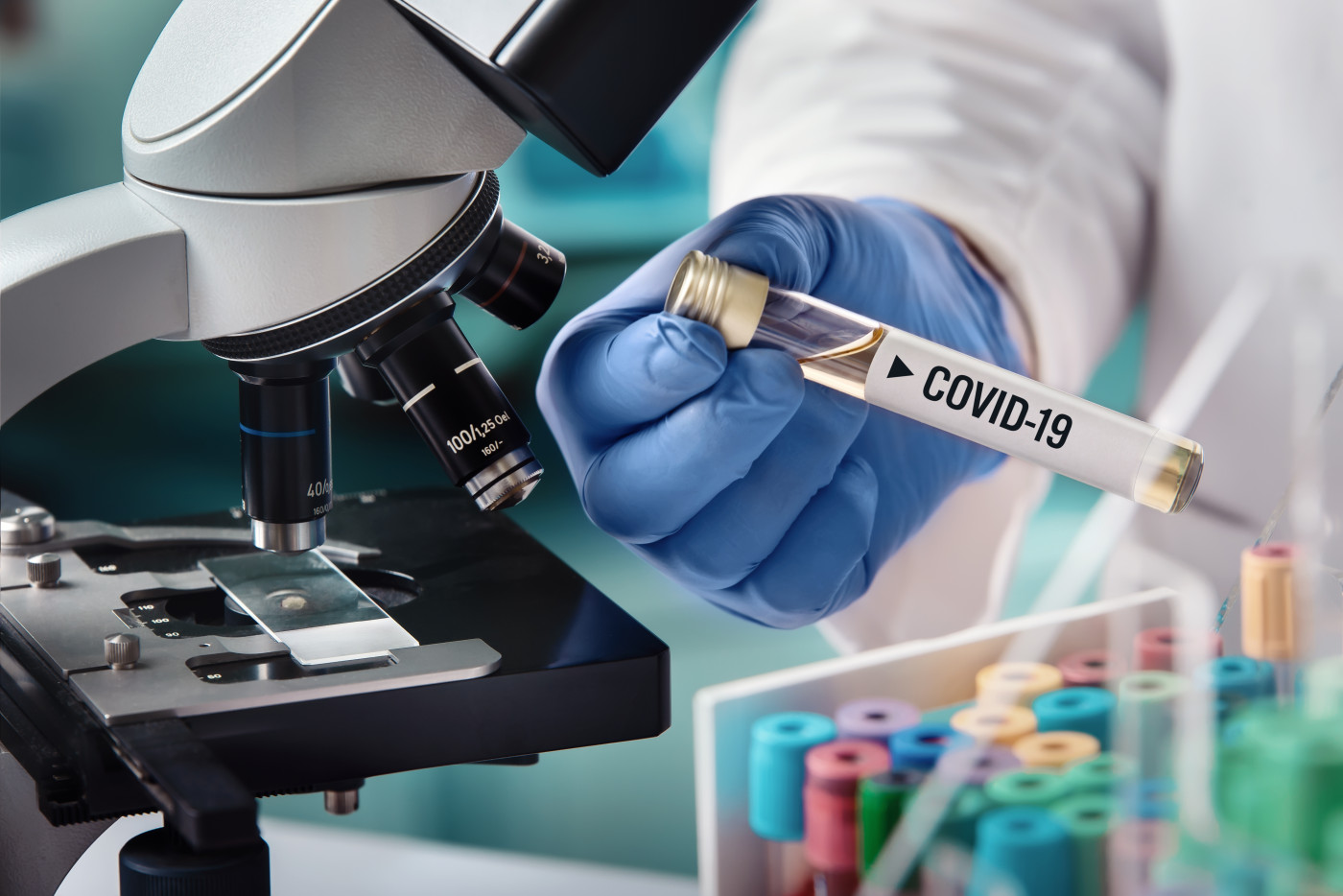Vasculitis UK Funds COVID-19 Vaccine Study

Vasculitis UK has granted £53,364 (about $73,500) to support a research project investigating how people with ANCA-associated vasculitis (AAV) and other vasculitis respond to COVID-19 vaccines.
Led by Lucy Fairclough, PhD, an associate professor at Nottingham University, in the U.K., the project seeks to determine if these patients mount an effective response to vaccination and whether that response is sustained.
“The results from this study will be used to inform discussions with the makers of health policy around the vaccine,” the organization stated in a press release.
Vasculitis is a group of disorders that occur when the immune system mistakingly attacks blood vessels, leading to damage and swelling.
Given these immune system issues, people with vasculitis may not respond to COVID-19 vaccines as well as healthy people of similar age, or the response may not last as long. That is why those with the condition may be less-protected and require more frequent booster than others.
Furthermore, vasculitis patients may be undergoing immunosuppressive therapy. Rituximab treatment, for instance, is designed to suppress B-cells — the immune cells that produce antibodies in response to vaccination — and has been shown to affect vaccine responses.
There has been a lot of discussion since the introduction of the COVID-19 vaccines about the possible effects in people on immunosuppressive regimes; those on rituximab have serious concerns about the vaccines’ efficacy and sustainability. Of particular concern are older patients who are vulnerable and immune-suppressed.
Before approving the grant, Vasculitis UK trustees held an online meeting with researchers to seek answers to their questions and concerns about the project.
While other studies are investigating the COVID-19 vaccine in immune-compromised people in general, this study will focus only on those with vasculitis.
The study will recruit 50 people with vasculitis through the rheumatology department in Nottingham and from the general population via local general practitioners. A group of 50 healthy people of a similar age will be included for comparison.
All participants will receive the vaccine as planned, and blood samples will be withdrawn and analyzed one month after vaccination to determine whether a single dose of vaccine is effective. Blood samples will be taken after three, six, and 12 months to measure the effect on long-term immunity.
Researchers will look at two key components to the COVID-19 vaccine response: the levels of protective antibodies against the coronavirus and the numbers of protective memory T-cells — a type of immune cell that remains long-term and might be reactivated in response to COVID-19 infection.
Moreover, investigators will evaluate how particular treatments, such as steroids or rituximab, affect vaccine efficacy. As rituximab directly affects the B-cells, which make antibodies, the protective T-cell response may be important to define responses in patients taking this medication.
The study is planned for one year, but interim results may be released early. Vasculitis UK also stated it may extend funding beyond a year to observe how long the vaccine-based immunity lasts.





